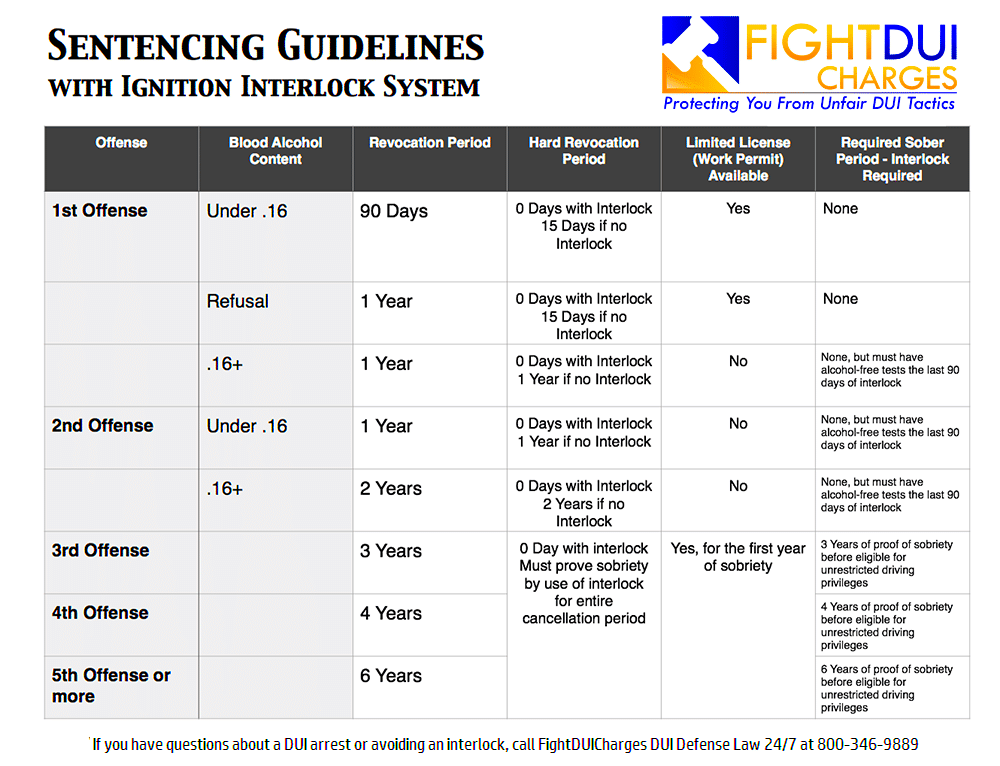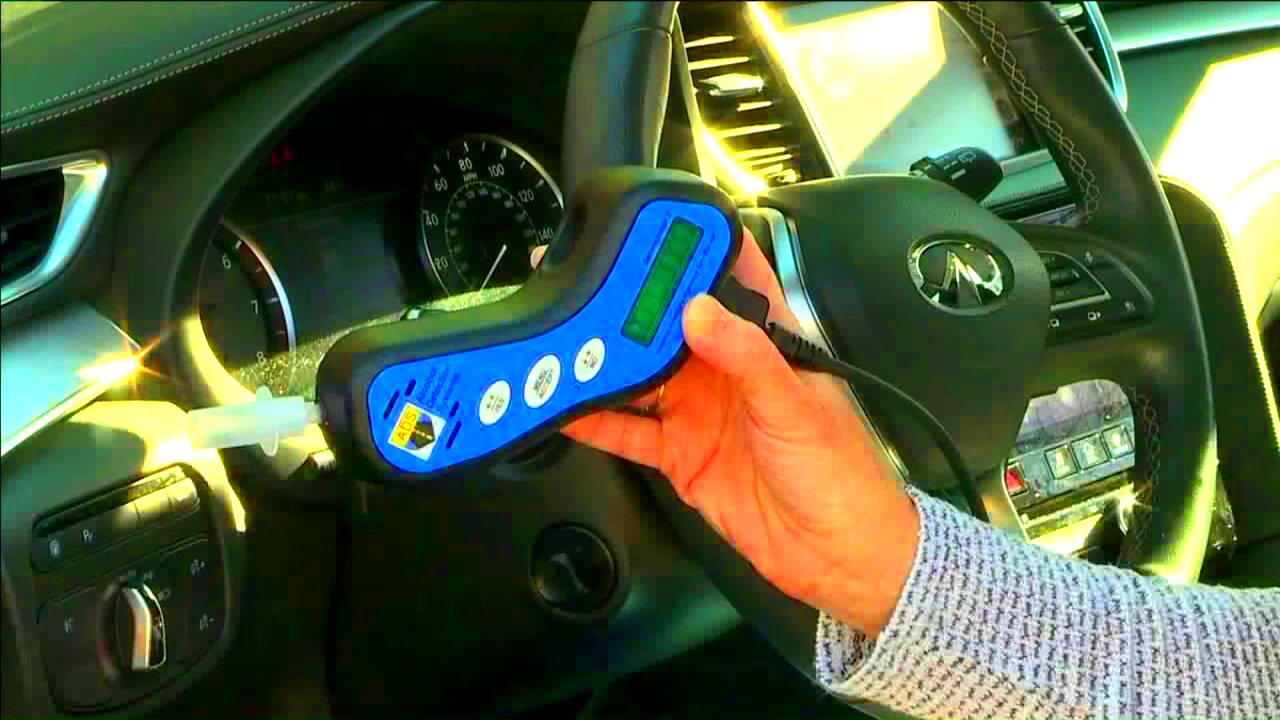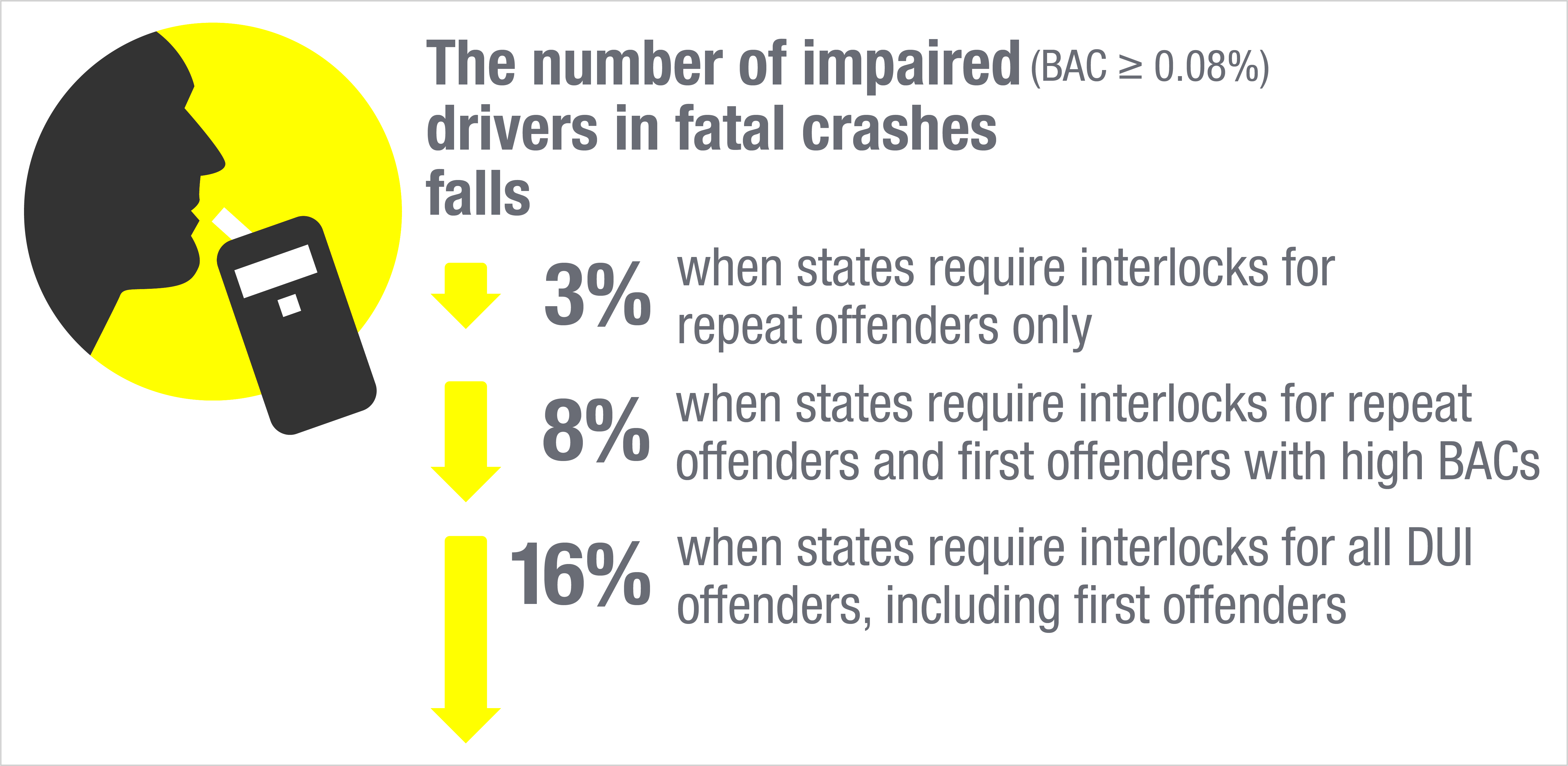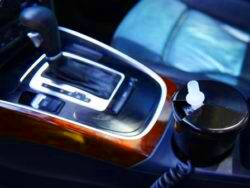Kansas Ignition Interlock Laws and Their Requirements
Ignition interlock devices are tools designed to help prevent drunk driving. These devices are installed in a vehicle and require the driver to blow into a breathalyzer before starting the engine. If the device detects alcohol above a certain limit, the vehicle will not start. This measure is intended to promote safer driving habits and reduce the incidence of driving under the influence (DUI).
Here are some key features of ignition interlock devices:
- Breath Analysis: The device analyzes the breath sample for alcohol content.
- Logging: It records all breath tests, including failed attempts.
- Random Tests: The device may require periodic breath tests while driving.
By requiring these devices, states aim to create a safer driving environment for everyone.
Overview of Kansas Ignition Interlock Laws

Kansas has established laws regarding ignition interlock devices, primarily targeting individuals convicted of DUI offenses. The goal is to reduce repeat offenses and enhance public safety. Here’s an overview of these laws:
- Mandatory Installation: Individuals convicted of certain DUI offenses must install an ignition interlock device as part of their sentence.
- Duration: The device must remain installed for a minimum period, typically six months, depending on the severity of the offense.
- Compliance Monitoring: Offenders are monitored for compliance through regular reporting to the court or their attorney.
These laws apply not only to first-time offenders but also to repeat offenders, emphasizing the seriousness of DUI offenses in Kansas.
Who is Required to Install an Ignition Interlock Device

In Kansas, certain individuals are legally required to install an ignition interlock device following a DUI conviction. Understanding who falls under this requirement can help clarify the implications of the law.
Here are the main categories of individuals required to install the device:
- First-Time Offenders: Those convicted of DUI may need to install the device, especially if their blood alcohol content (BAC) was significantly above the legal limit.
- Repeat Offenders: Individuals with prior DUI convictions face mandatory installation of the device for a longer duration.
- Underage Drivers: Any underage driver convicted of DUI is required to have the device installed.
Additionally, individuals may be required to install the device if they have a history of failing to comply with the terms of their DUI sentence. It’s essential for those affected to understand the laws and comply fully to avoid further penalties.
Process of Installing an Ignition Interlock Device

Installing an ignition interlock device is a straightforward process, but it requires careful attention to detail to ensure compliance with the law. The process typically involves a few key steps:
- Choosing a Certified Provider: Start by selecting a provider approved by the state of Kansas. You can usually find a list of certified vendors on the Kansas Department of Revenue’s website.
- Scheduling an Installation Appointment: Contact your chosen provider to set up an installation appointment. Make sure to ask about any specific requirements or documents you need to bring.
- Installation Day: On the day of installation, the technician will attach the device to your vehicle. This process usually takes about one to two hours. They will also explain how to use the device properly.
- Understanding Operation: The technician will provide instructions on how to operate the device, including taking breath tests and understanding alerts or warnings.
- Regular Monitoring: After installation, you must comply with regular monitoring requirements, which may include periodic check-ins with the provider to ensure the device is functioning correctly.
Being proactive during this process will help ensure you meet all legal requirements and can drive safely and legally.
Maintaining an Ignition Interlock Device
Once your ignition interlock device is installed, maintaining it is essential for compliance and safety. Proper maintenance ensures the device functions correctly and helps avoid penalties. Here are some important tips for maintaining your device:
- Regular Calibration: Schedule regular calibration appointments with your provider, usually every 30 to 60 days. This process ensures the device is accurately measuring your breath alcohol level.
- Keep the Device Clean: Make sure to keep the device clean and free from debris. Follow the provider’s instructions for cleaning.
- Immediate Reporting: If you experience any issues with the device, such as false readings or malfunction, contact your provider immediately for assistance.
- Adhere to Usage Guidelines: Always follow the operational guidelines provided during installation, including how to take breath tests and what to do if you fail a test.
Maintaining your ignition interlock device is not just a legal obligation; it’s also a critical step toward responsible driving.
Punishments for Failing to Comply with the Law
Failing to comply with Kansas ignition interlock laws can lead to serious consequences. It’s important to understand the potential punishments to avoid them. Here’s what can happen if you don’t follow the rules:
- License Suspension: Non-compliance can result in an immediate suspension of your driver’s license, making it illegal for you to drive.
- Extended Installation Requirements: If you fail to comply, the duration for which you must have the device installed may be extended.
- Fines and Fees: Failing to meet requirements can also lead to hefty fines or additional fees associated with your interlock program.
- Legal Penalties: Repeat offenses or serious non-compliance may result in criminal charges, leading to court appearances and potential jail time.
Understanding these punishments can motivate you to adhere strictly to the ignition interlock laws, ensuring your driving privileges remain intact while promoting road safety.
Exceptions to Ignition Interlock Requirements
While ignition interlock devices are mandatory for many individuals convicted of DUI in Kansas, there are some exceptions to these requirements. Understanding these exceptions can help clarify when you might not need to install a device. Here are the main scenarios where exceptions may apply:
- First-Time Offenders with Low BAC: If it’s your first DUI offense and your blood alcohol content (BAC) was below a certain level (typically 0.15%), you may not be required to install an interlock device.
- Non-Driving Offenses: If your DUI charge was based on non-driving behavior, such as a public intoxication charge, you might not face interlock requirements.
- License Status: Individuals whose licenses are revoked or suspended for reasons other than DUI may not need to install an ignition interlock device.
- Hardship License Holders: In some cases, individuals who qualify for a hardship license may be exempt from having an ignition interlock device installed.
Always consult with a legal professional to understand your specific situation and whether you qualify for any exceptions. It’s crucial to stay informed to avoid unnecessary penalties.
Frequently Asked Questions
Many people have questions about ignition interlock devices and the laws surrounding them. Here are some common inquiries and their answers:
- How long do I need to have the ignition interlock device installed?
Typically, the device must be installed for at least six months, but the duration may vary based on your offense. - What happens if I fail a breath test?
If you fail a breath test, the device will not allow your car to start. Additionally, repeated failures can lead to legal consequences. - Can I drive any vehicle with an ignition interlock device?
No, you can only drive vehicles equipped with the device. Attempting to drive a vehicle without one can lead to penalties. - What are the costs associated with installing and maintaining an ignition interlock device?
Costs can vary but typically include installation fees, monthly monitoring fees, and calibration charges. It’s essential to budget for these expenses.
If you have more questions, it’s a good idea to reach out to your ignition interlock provider or a legal expert for personalized advice.
Conclusion
Ignition interlock devices play a crucial role in promoting road safety and preventing drunk driving. Understanding the laws, requirements, and processes associated with these devices can help you navigate the legal landscape effectively. Whether you’re facing a DUI conviction or simply seeking information, being informed is your best defense.
Remember, compliance with ignition interlock laws not only helps you avoid penalties but also contributes to safer roads for everyone. If you have questions or need assistance, don’t hesitate to consult with legal experts or your ignition interlock provider. Together, we can work towards responsible driving habits and a safer community.


